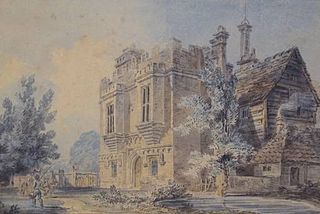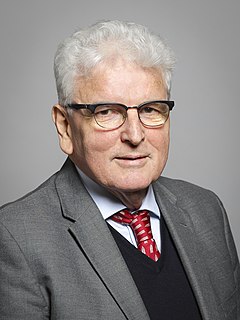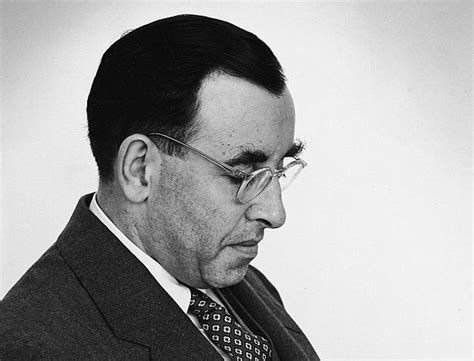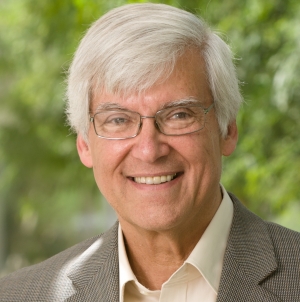A Quote by Susan Brigden
For William Cecil and others in Elizabeth's Council, whose sense of Catholic conspiracy and threat governed their political thinking, England's security lay in the creation of a united and Protestant British Isles, which could stand alone, ready to resist invaders. Divine providence had set the islands apart from the rest of the world by encircling seas, 'a little world by itself'.
Quote Topics
Alone
Apart
British
Catholic
Conspiracy
Could
Council
Creation
Divine
Divine Providence
Elizabeth
England
Governed
Had
Invaders
Islands
Itself
Lay
Little
Others
Political
Political Thinking
Protestant
Providence
Ready
Resist
Rest
Seas
Security
Sense
Set
Stand
Stand Alone
Thinking
Threat
United
Which
Whose
William
World
Related Quotes
The British Islands are small islands and our people numerically a little people. Their only claim to world importance depends upon their courage and enterprise, and a people who will not stand up to the necessity of air service planned on a world scale, and taking over thousands of aeroplanes and thousands of men from the onset of peace, has no business to pretend anything more than a second rate position in the world. We cannot be both Imperial and mean.
The United States of America is a threat to world peace. Because what [America] is saying is that if you are afraid of a veto in the Security Council, you can go outside and take action and violate the sovereignty of other countries. That is the message they are sending to the world. That must be condemned in the strongest terms.
The significance of language for the evolution of culture lies in this, that mankind set up in language a separate world beside the other world, a place it took to be so firmly set that, standing upon it, it could lift the rest of the world off its hinges and make itself master of it. To the extent that man has for long ages believed in the concepts and names of things as in aeternae veritates he has appropriated to himself that pride by which he raised himself above the animal: he really thought that in language he possessed knowledge of the world.
King Hussein of Jordan dedicated his life - I witnessed it in his sleeping as well as waking hours - to trying to break through the impasses keeping people apart. He understood that the security and prosperity of any one of us in this world depends on the security and prosperity enjoyed by others. As Martin Luther King said, "Injustice anywhere is a threat to justice everywhere." In the Middle East, nothing could be more true.

































